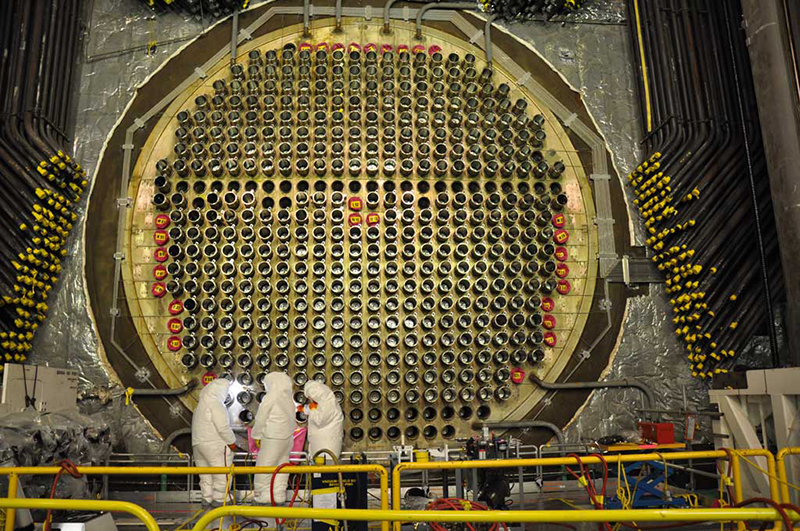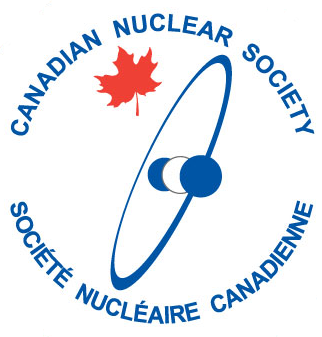Some communications things we may be getting wrong

Some communications things we may be getting wrong.
If you are reading this there is a good chance that you are university educated, likely in a technical discipline and possibly with more than one degree. There is also a good chance that you are middle or late middle aged, comfortably wealthy and probably male.
This is the demographic of people in the nuclear industry that have worked their way up through the ranks to the point where they are doing a more generic job and have time to look around and consider the future of the nuclear industry in general.
The nuclear industry, like many other industries, self-selects people with certain personality traits and then gives them similar work experiences. It should then be no surprise that there is a large degree of mutual agreement on many issues. Unfortunately, this can give create a form of confirmation bias where we can convince ourselves that because everyone we meet agrees with us then that must be what everyone thinks. It’s a very reasonable, if false, extrapolation. And it gives rise to “group think” and the harms that causes.
But projecting our thoughts onto other people can be dangerous because other people do not necessarily have the personality traits or life experiences that we have in our industry and so will not necessarily think the same as us. The facts are that people that are not psychologically inclined to become engineers and have not been trained to be engineers may not think like engineers and most of the population are not engineers.
This issue regularly rears its ugly head when we communicate with the public about nuclear issues. I regularly see the nuclear industry saying something that seems quite reasonable and comforting to someone in the industry, only to see it have the exact opposite effect on the public.
The classic areas where this happens are;
- Using the fact that we have a strong regulator as a key part of an argument to say the industry is safe.
- Many of us routinely deal with the CNSC, our nuclear regulator. We know that they cut us no slack. So, we believe, rightly according to our experience, that regulators and, equally importantly, the regulatory processes they apply, are rigorous, incorruptible and hold public safety to the highest possible standard.
- The public experience is however very different as they get their knowledge about regulators from the media and the media only reports on stories where the regulator is seen to have failed, has been corrupt and/or has been instructed on what to do by their government. So, to the public all the evidence they have suggests to them that regulators cannot be trusted to keep them safe. It’s not irrational, it’s the experience they have.
- Any argument that relies on the actions of the regulator will at best fail to achieve anything and attempts to convince people of the strength of the regulator will be a waste of time and effort unless supported by other arguments that are credible to the public.
- Reliance on engineering
- We also have a great deal of experience with the engineering process. We know how much is known about engineering, the margins for error, the checks and balances, the redundant safety factors and the quality assurance that ensures that no mistakes are made. It gives us great comfort. We also see our engineering success every day as the reactors we designed and built continue to churn out power while causing the absolute minimum harm to humans or the environment.
- But in a similar situation to that with regulators, the public rarely sees the engineering process in action nor celebrates its ongoing success. I have yet to see a media story about a bridge that is standing today in exactly the way it was expected to and its rare to see mention of a project delivered to time and cost. But the public do hear about, and remember, when engineering goes wrong. Most people are blissfully unaware of the fact that our reactors are operating today in exactly the way we expected them to, but they have heard of Fukushima, Chernobyl and Three-mile Island and they are frequently reminded of them.
- Any argument that relies on engineering will fail as people will just assume it can go wrong. Its not an irrational response it is the experience that they have.
- Radiation, radioactive materials, half-lives and dose
- We live and breathe radiation, both literally and figuratively. We know what real impact it has on our health, and how to manage it so that our health is not affected.
- We talk routinely about dose rates and dose budgets, we know the difference between alphas and betas and gammas and we understand the difference between external radiation and ingestion of radioactive materials. Half-lives are second nature to us.
- As a result, we know that radiation is not hard to manage and importantly how easy it is to detect it even at extraordinarily low levels and why we should not be scared just because something is detectable.
- But the average member of the public has no real experience of radiation at all. Yeah, it’s all around them all of the time, but they don’t see or hear it, and it typically makes no difference to their lives whatsoever.
- What they do know from the media is that it causes cancer, the disease that scares them more than anything else.
- And while they kinda know other things cause cancer as well, they have no calibration of the issue and so “feel” that while any quantity of radiation will kill them they will need to eat an awful lot of bacon before that will put them at risk. They have no real idea whatsoever of the deaths caused by burning coal or, if they do, they do not rationalize it to allow them to draw conclusions. I was in a social media discussion recently with someone recently who was absolutely convinced that breathing smoke from campfires was safe but emissions from a nuclear power station were not!
In practice what this means is there is often a huge communication gap between what we think we are saying and what the public hears us saying. A lot of the time rather than putting their mind at ease we actually make them more fearful. Tell them not to worry as a regulator will keep them safe and you just tingled their spidey sense, tell them not to worry about a bridge because it has been designed right and you have basically told them that it will collapse. Try to explain radiation, half-lives or dose and you are emphasizing the idea that radiation is fundamentally different, so removing their ability to compare and reinforcing whatever fears they may already have.
To compound the matter, while safety is the concern people will express, starting by trying to convince them nuclear is safe will often achieve the exact opposite. Many of you may have heard me do my “date with someone from the nuclear industry” routine. It goes like this “Hi Jane, I’m Neil and before I tell you anything else about me I want to assure you that the rumours about me being an ax murderer are greatly exaggerated”. Everyone laughs. But in our conversations about nuclear power, we regularly start by telling everyone that the rumour about it being an ax murderer is greatly exaggerated.
So, if we cannot rely on telling people about regulators, engineering, the real effects of radiation and how safe nuclear is, what should we be telling them.
And that’s where the challenge really begins. But for now, can we agree that communicating effectively with the public is far more difficult than most people assume and to be successful, we must think ourselves into the position of a member of the public and not lapse into industry group think.
And yes I have some ideas for a different approach but that’s for another time.
Popular Core Business Articles
- The important differences between Hazard, Danger, Risk and Fear when considering a Deep Geologic Repository for used nuclear fuel.
- Deep Geologic Repositories (DGRs)? Distressed purchase or Jewel in the Nuclear Crown
- An article by the Breakthrough Institute
- How do we quickly and succinctly explain why wind and solar are not cheap?
- The Titanic Fallacy

Leave a Reply
You must be logged in to post a comment.